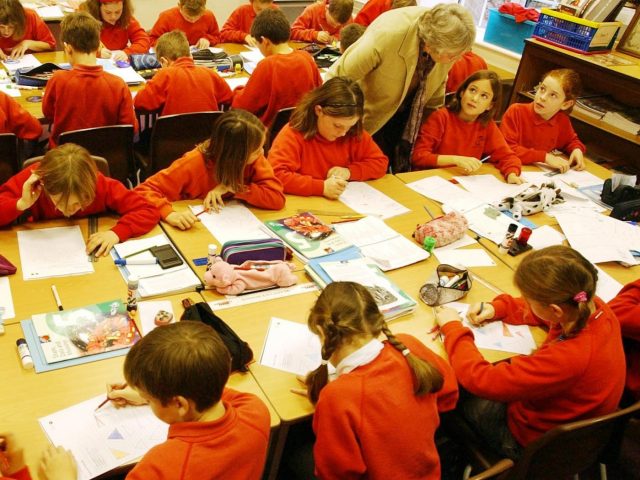
Children and young people in England do not have the critical literacy skills they need to identify fake news, according to a report.
The National Literacy Trust said its report shows the phenomenon is a serious problem for children and young people, threatening democracy, confidence in governance and trust in journalism.
The research highlights that the rise of digital and social media has enabled fake news to spread at an unprecedented rate as people access and share it easily.
Exciting meeting in parliament today ahead of a new literacy project launching tomorrow… watch this space! pic.twitter.com/CQGDI3figK
— Literacy Trust (@Literacy_Trust) September 12, 2017
Critical literacy skills said to be important in order for children and young people to recognise fake news include recognising the difference between fact and opinion, understanding how authors use language to influence a reader and making reasoned arguments.
The National Literacy Trust said primary and secondary school teachers are ideally-placed to help children develop these skills but the report warns a lack of teacher training, resources and confidence is getting in the way.
Meanwhile, the all-party parliamentary group on literacy has launched a commission on fake news and the teaching of critical literacy skills in schools following the publication of the report.
To inform the commission, the National Literacy Trust has launched two surveys for primary and secondary school pupils to find out what children know about fake news and to measure their ability to spot it.

The commission will gather evidence from children and young people, education professionals, policy makers and the media before making a series of recommendations for government and the education sector, as well as advice for parents, in summer 2018.
Jonathan Douglas, director of the National Literacy Trust, said: “In this digital age, children who can’t question and determine the reliability of the information they find online will be hamstrung – at school, at work and in life.
“We believe that teachers are the key to boosting children’s critical literacy skills but they can’t do this without the proper training, support and resources.
“By bringing together the greatest minds and authorities on fake news and education, the new parliamentary commission gives us a fantastic opportunity to make the case for critical literacy to sit at the heart of our education system.”


Comments: Our rules
We want our comments to be a lively and valuable part of our community - a place where readers can debate and engage with the most important local issues. The ability to comment on our stories is a privilege, not a right, however, and that privilege may be withdrawn if it is abused or misused.
Please report any comments that break our rules.
Read the rules here